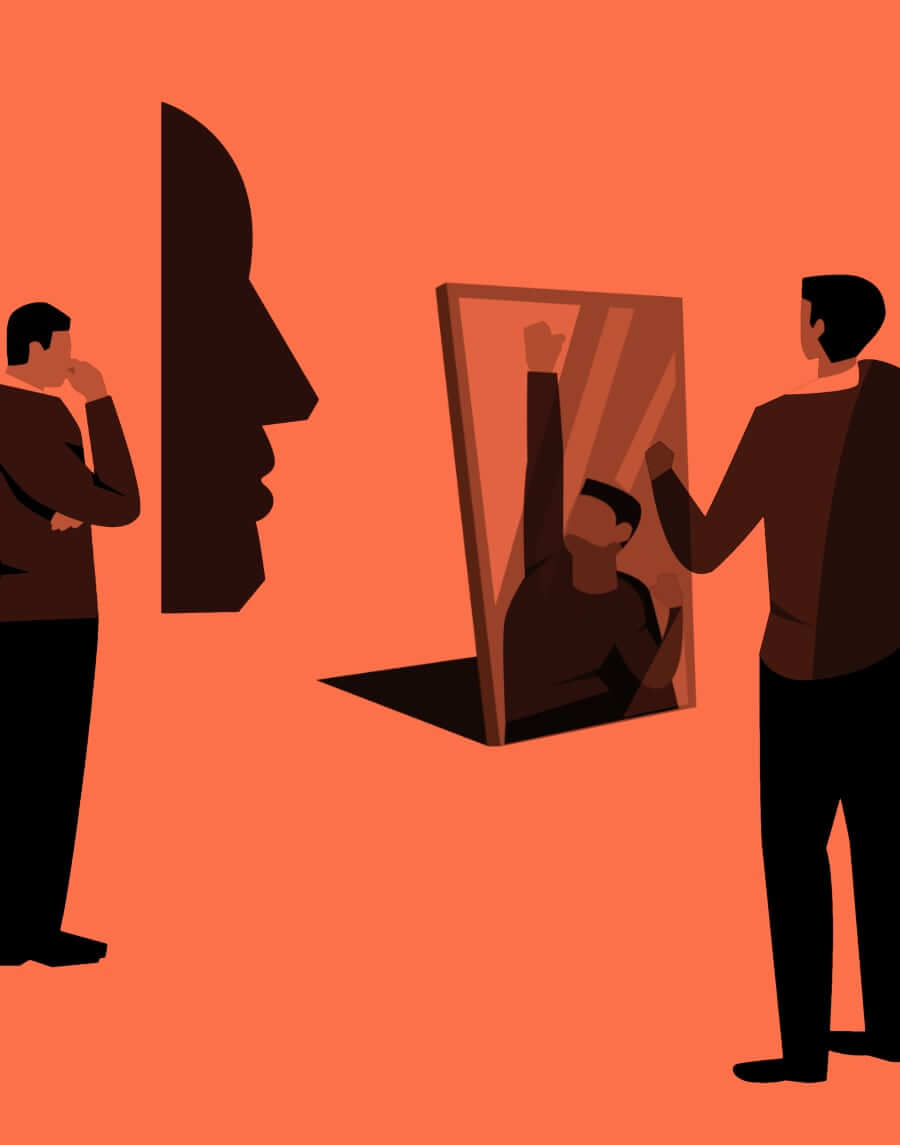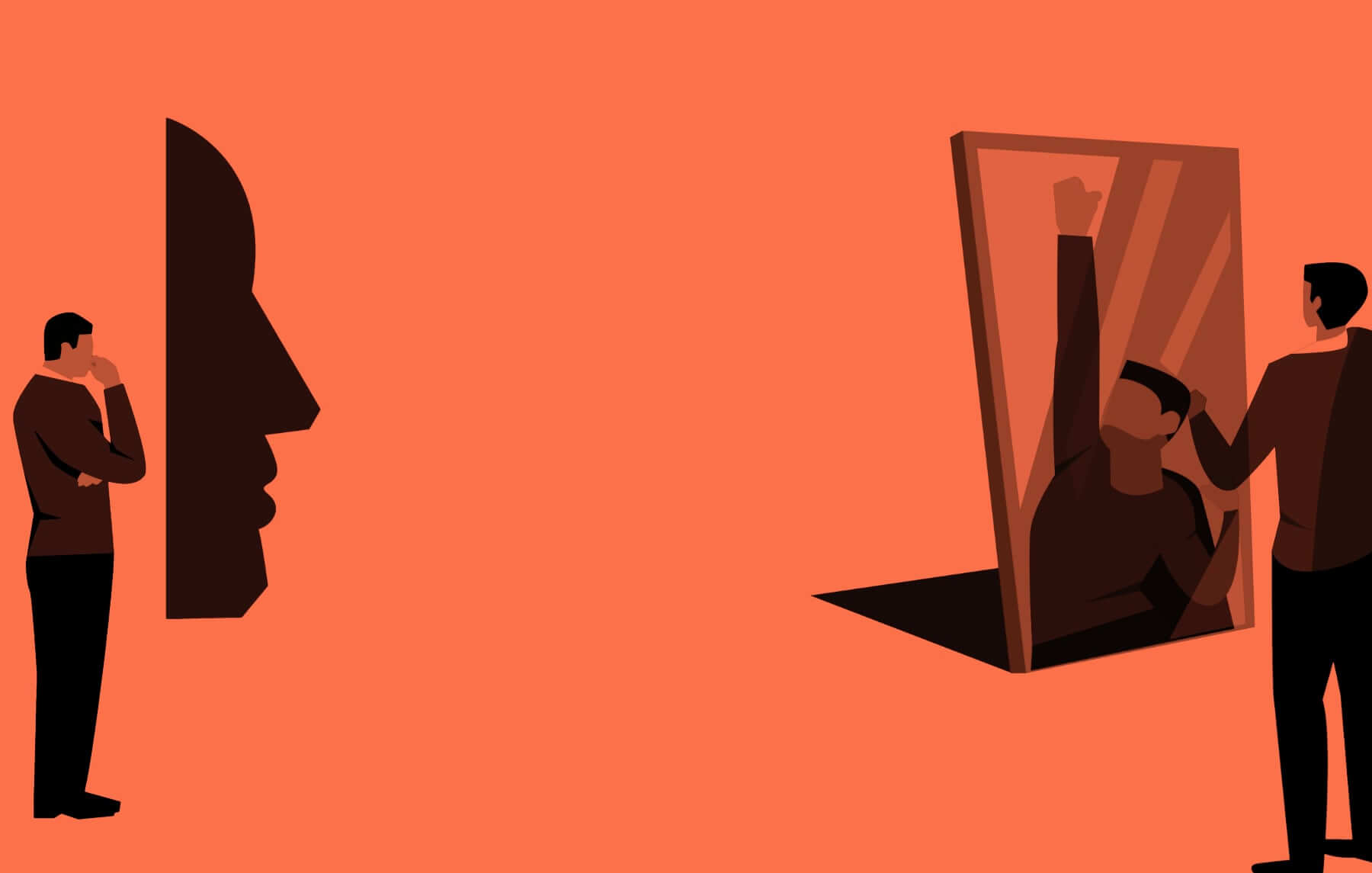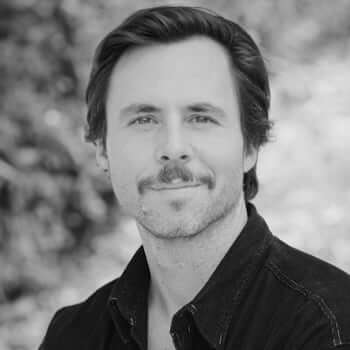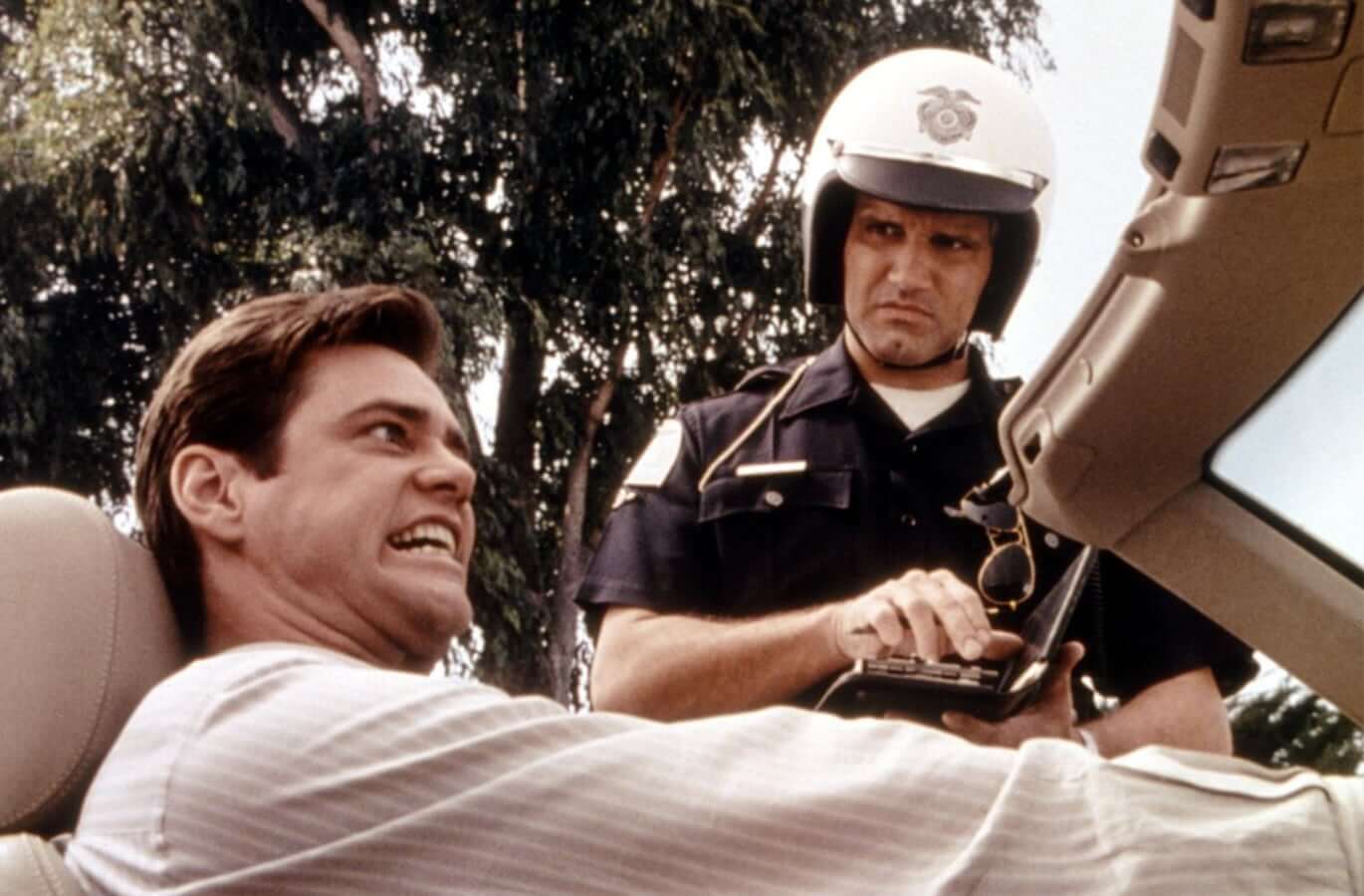“
When we locate what’s true for us and begin living from that place (even if it seems really inconvenient now) we become superhero level powerful.”


It’s scary at first,
but the results speak for themselves

For me, the single most thrilling aspect of life coaching—and why I became a men's coach at all—is because I love watching guys get honest with themselves and with each other. I find truth between guys so exhilarating, because it's the exact opposite of how I grew up. The men in my family had a lot of secrets, and I figured that's just how all men operated. That's why, years ago, when I first read what would become one of my favorite books, John Lee's The Flying Boy: Healing the Wounded Man, I was so shocked. How could they let a man publish such a revealing account of his inner life? I was surprised Lee hadn't been arrested!
At the time, I was mostly unconscious, living a life very far from my own authenticity. For years, I'd been following a career and life track I believed would make me impressive to both my father —even though he'd been dead for a decade— and the world. And in trying to impress everyone around me, I had spent a lot of time hiding who I really was and what I wanted. (As if I even knew ...)
Most of us live this way. Not that it's really our fault. Many, if not all, parent-child relationships turn us into people pleasers who learn to bluff to get our needs met. How many times as a little boy did you bend the facts to narrowly avoid trouble? To get something you wanted from your parents? To pass a test? To get a date, get laid, or fit into a scene?
Couple that with the fact that history shows us sharing the truth can be scary—we've watched generations of well-known men be killed for saying what they really feel (Martin Luther King, John Lennon, Jesus)—and you have a recipe for why most guys grow up learning to live a lot more like Don Draper than the Dali Lama.
“
When we locate what’s true for us and begin living from that place (even if it seems really inconvenient now) we become superhero level powerful.”
But while this pattern of tweaking the truth can keep us safe, it also keeps us further from the authentic power and connection we seek. Because while we start out lying to others, we end up just lying to ourselves, too. I see this in almost every initial coaching session I've ever facilitated:
“Sure, I hate my job, but ...”
“My marriage hasn't been very good for years, but ...”
“I know I drink too much, but ...”
Those “buts” are where we've learned to put aside our authentic truth (and our health, power and sanity) for the sake of perceived survival or what others might think. This is—to slap a clinical name on it—codependency.
Codependency has become the norm in our culture. And as Lee writes, the source of codependency is always the same: a fear of abandonment (and its first cousins: being rejected, dumped, ostracized, fired or cancelled). Relationship coach Bryan Reeves, author of Tell the Truth: And Let the Peace Fall Where it May, puts it another way: “If I tell you the truth about who I really am, I'm afraid you won't love me.”
That's why it's so radical for me when I hear about a man speaking his truth, especially when the stakes are high. I had a client do it recently. He got COVID while staying in a beach house with friends. They were all doing their best to be responsible, but when the friends found out, they turned nasty. It would've been easy to spiral out, but instead my client owned his part in the situation, took care of his business, and stood up to the friends who were attempting to shame him into believing he'd done something wrong by contracting a virus. That's powerful.
In order to live powerfully like this we have to face getting real. We have to be willing to question the long-held stories we have about ourselves, others and the world around us. And we have to risk telling ourselves and the people around us the truth, usually for the first time.


1
Make a list of everywhere in your life where “buts” arise:
I want to do this, but ...
I'd quit my job and start my dream business, but ...
I'd ask that person out, but ...
2
We lie to ourselves and others, because it's easier than accepting the truth and having to do something about it. (Remember those “buts?”) This is fear. And if we're in fear, we're not living comfortably, we're carefully tending to our fortresses of bullshit.
The beauty of our fears though is most of them are total crap. One thing that's worked for me is to use Byron Katie's worksheets to identify if any of my precious fears are actually true. Is that true? Can I absolutely know that it is true? If not, maybe it's time to leave that fear on the side of the road and say fuck it.
3
The Jim Carrey 1997 classic Liar, Liar worked so well because every man has a fantasy about going around for a day telling people what he really thinks: his boss, his partner, his kids, the attractive stranger, the guy ringing him up at the gas station.
Now by no means am I suggesting anyone go out and pull that level of total revelation. (We've all met that drunk guy.) I'm simply suggesting taking a risk saying or doing something you normally wouldn't: One of my clients recently made a goal of making direct eye contact with five strangers in the course of a week. Another client chose to write an intimate letter to his closest friends thanking them for their friendship and sharing it with them, off the cuff, at a dinner party. Both reported feeling super free afterwards. And yes, powerful. As Reeves writes: “Telling the truth can be exhilarating, precisely because it often requires you [to get] out of your comfort zone.” And the number one rule of coaching is: We only grow outside our comfort zones.
When we locate what's true for us and begin living from that place (even if it seems really inconvenient now) we become superhero level powerful. And isn't that what we all want? To feel a little closer to the hero we know we can be? The hero who frightens us a little? The hero who feels just a bit too powerful for this world? Imagine if the world was full of superheroes like that. What kind of world would that be?
You’ve now got a life coach at your disposal. Hit Sean up with any concern you’re currently struggling with: Trouble at work? Relationship worries, family struggles or general mental health concern? Let him help you tackle it each month in this column.
Advertisement